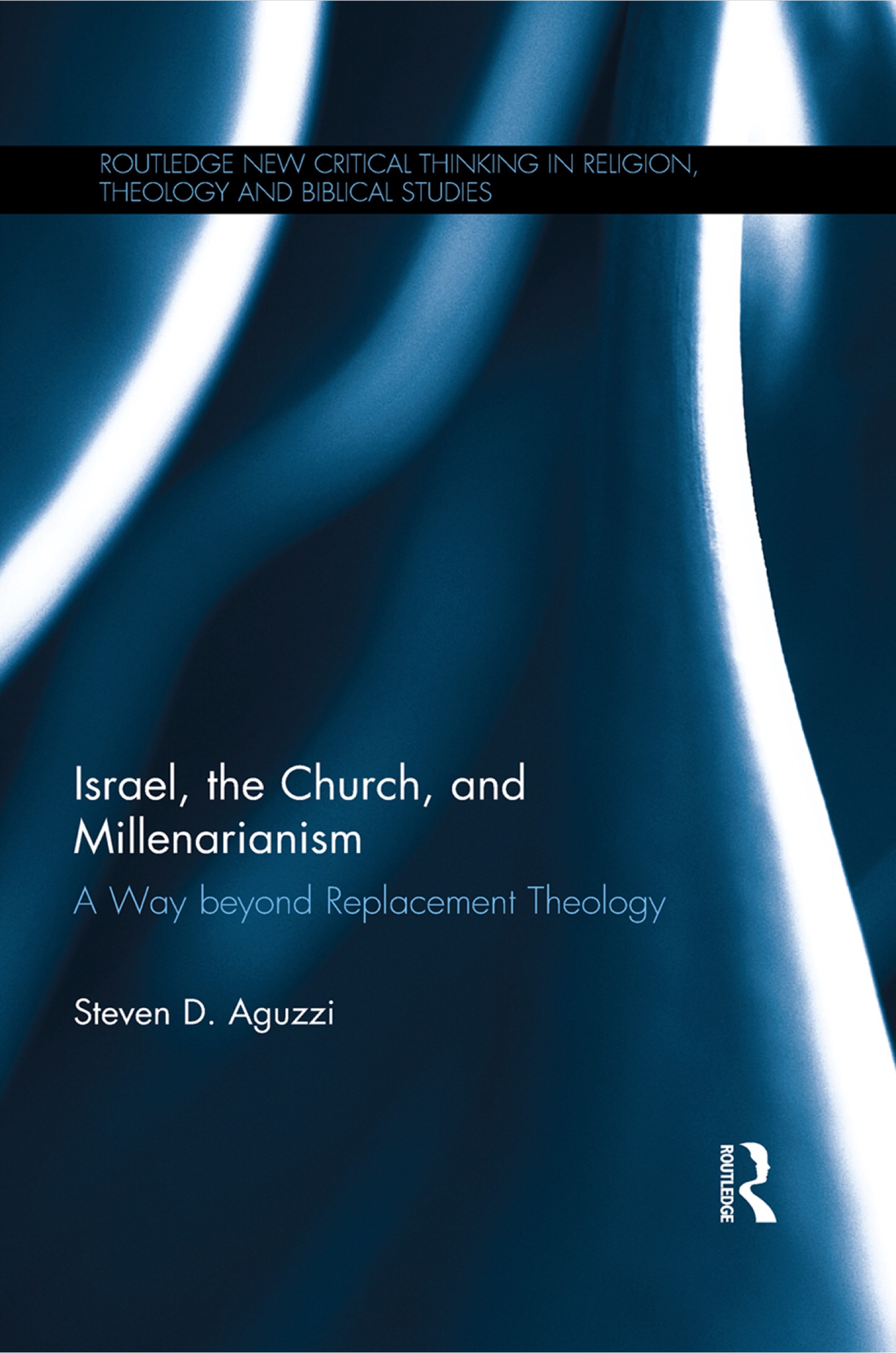ISRAEL, THE CHURCH, AND MILLENARIANISM
Here’s a summary of “Israel, the Church, and Millenarianism: A Way Beyond Replacement Theology” by Steven D. Aguzzi:
Core Argument
Aguzzi confronts supersessionism, the belief that the Church has permanently replaced Israel in God’s redemptive plan. He argues that millenarianism—the belief in a future, earthly reign of Christ for a thousand years—offers a theological path to overcome this doctrine, preserving a meaningful role for Israel.
1. Supersessionism’s Problem
Historically, Christian theology marginalized Jewish covenantal identity, claiming all promises to Israel had been fulfilled in the Church. Aguzzi contends this view is both theologically flawed and ethically harmful, especially in light of post-Holocaust awareness.
2. Rediscovering Millenarianism
Aguzzi explores early Church eschatology, showing that millenarianism (chiliasm) was widespread in the first two centuries. This belief envisioned a future, literal reign of Christ on earth that preserved space for Israel’s continued role in salvation history. It declined after Augustine’s allegorical interpretation in City of God, which identified the Church as the kingdom of God.
3. Moltmann’s Influence
He draws on Jürgen Moltmann’s “mitigated millenarianism”, which blends traditional Christian eschatology with Jewish messianic hope. Moltmann sees the Church and Israel as “partners in history,” both awaiting fulfillment in God’s coming kingdom—not in the historical Church itself.
4. Reassessing Catholic Tradition
While post-Vatican II Catholic theology (especially Nostra Aetate) has opened doors to renewed Jewish-Christian understanding, Aguzzi argues that many ecclesiological structures still reflect supersessionist assumptions. He calls for a reevaluation of Catholic eschatology to make room for Jewish particularity and messianic hope.
5. Theological Proposal
Aguzzi proposes a post-supersessionist theology where:
• The Church is provisional, not the final fulfillment of God’s kingdom.
• Judaism retains covenantal significance and messianic expectation.
• The millennial reign of Christ is a future event, shared in hope by both communities.
Conclusion
By recovering early millenarian thought and integrating it into modern theology, Aguzzi believes that Christians can honor the theological integrity of Judaism, move past replacement theology, and deepen interfaith relations—while still affirming the centrality of Christ.
